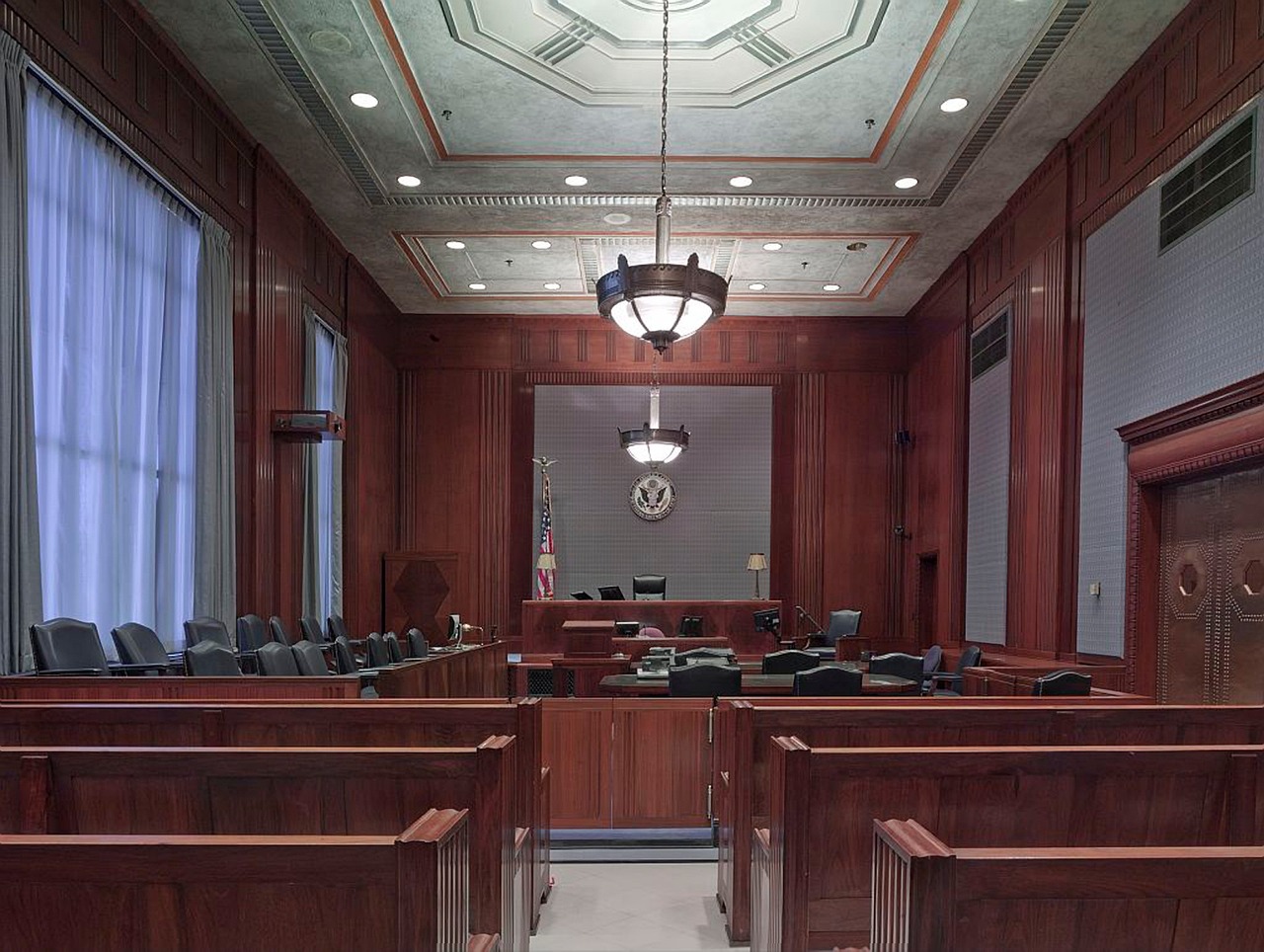Title: Judicial Recusal: Balancing Impartiality and Efficiency
Introduction: In the intricate world of jurisprudence, judicial recusal stands as a critical safeguard for the integrity of legal proceedings. This complex process, wherein judges withdraw from cases due to potential conflicts of interest, plays a pivotal role in maintaining public trust in the judicial system.

Statutory Framework and Ethical Codes
In the United States, judicial recusal is governed by both federal and state laws, as well as ethical codes for judges. The primary federal statute, 28 U.S.C. § 455, outlines specific circumstances under which federal judges must disqualify themselves. These include personal bias or prejudice, financial interests in the case, and prior involvement with the matter at hand. Additionally, the Code of Conduct for United States Judges provides ethical guidelines that supplement statutory requirements, emphasizing the importance of avoiding even the appearance of impropriety.
The Recusal Process: Mechanics and Challenges
The process of judicial recusal can be initiated by the judge themselves or through a motion filed by one of the parties involved in the case. When a potential conflict arises, judges must conduct a thorough self-assessment to determine if their impartiality might reasonably be questioned. This introspective process is often challenging, as it requires judges to balance their duty to hear cases with the need to maintain public confidence in the judiciary.
Recent Developments and Controversies
In recent years, high-profile cases have brought renewed attention to judicial recusal practices. The increasing complexity of modern financial investments and the growing interconnectedness of professional networks have made it more challenging for judges to navigate potential conflicts. Some legal scholars argue for more stringent recusal standards, while others caution against overly broad interpretations that could lead to unnecessary disqualifications and judicial inefficiency.
The Impact on Judicial Administration
Judicial recusal has significant implications for the administration of justice. While it serves as a crucial safeguard for fairness, frequent recusals can lead to delays in legal proceedings and strain judicial resources. This is particularly problematic in smaller jurisdictions with limited judicial personnel. Balancing the need for impartiality with the practical demands of an efficient court system remains an ongoing challenge for legal administrators and policymakers.
International Perspectives on Judicial Recusal
Examining judicial recusal practices across different legal systems provides valuable insights into alternative approaches to this universal challenge. In civil law countries, the recusal process often involves more formal procedures and explicit legal grounds for disqualification. Some nations have implemented innovative measures, such as automated conflict-checking systems, to assist judges in identifying potential conflicts of interest more efficiently.
The Role of Technology in Enhancing Recusal Practices
Advancements in technology are beginning to play a significant role in modernizing judicial recusal processes. AI-powered conflict-checking tools are being developed to analyze vast amounts of data and flag potential conflicts that human reviewers might miss. These technological solutions hold promise for improving the accuracy and efficiency of recusal decisions, though they also raise new ethical questions about privacy and the limits of algorithmic decision-making in the legal realm.
Future Directions and Reform Proposals
As the legal landscape continues to evolve, so too must the principles and practices of judicial recusal. Reform proposals range from mandating more comprehensive financial disclosures for judges to establishing independent panels for reviewing recusal decisions. Some legal experts advocate for clearer, more objective standards to guide recusal decisions, while others emphasize the need for greater transparency in the process to bolster public confidence.
In conclusion, judicial recusal remains a cornerstone of judicial integrity, constantly adapting to meet the challenges of an increasingly complex legal environment. As we look to the future, striking the right balance between ensuring impartiality and maintaining judicial efficiency will be crucial in preserving the public’s trust in the legal system. The ongoing dialogue surrounding judicial recusal practices reflects a healthy scrutiny of our judicial processes, essential for the continued evolution and improvement of our legal institutions.






